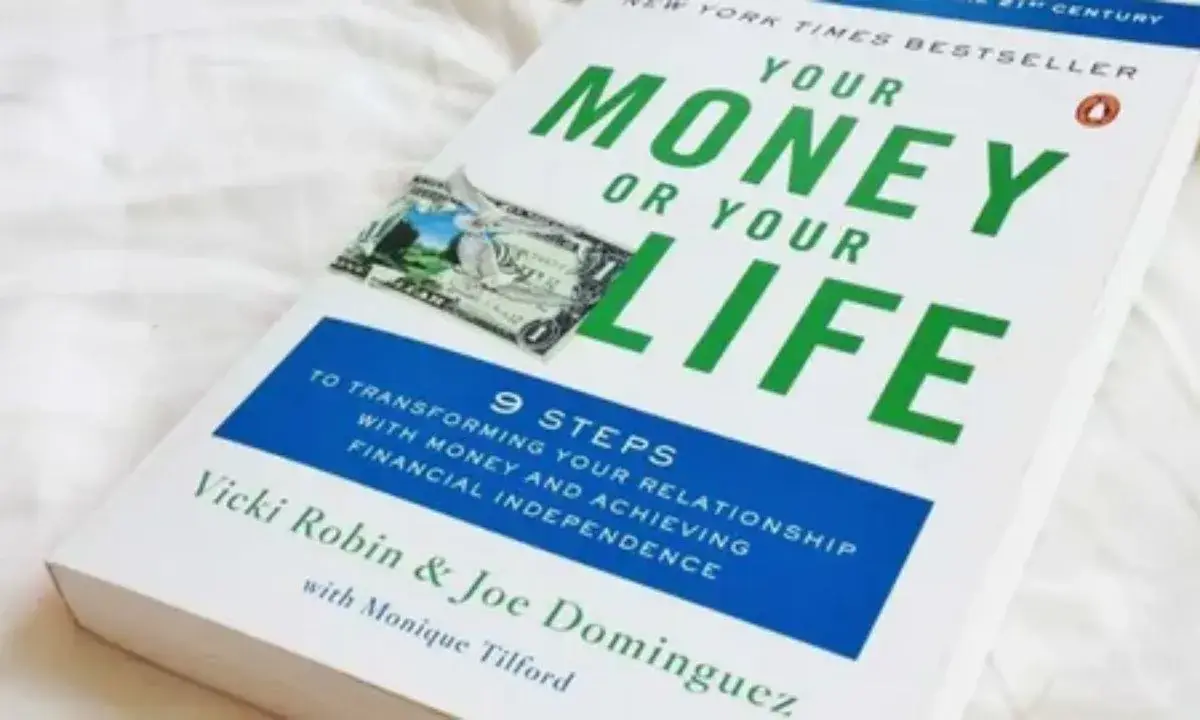Money isn’t just numbers in your bank account. It’s not just about how much you earn or how much you own. Money carries meaning, power, and potential. The “Money BetterThisWorld” concept is about reshaping how we view money—not as a selfish end goal but as a tool for building a better life, community, and future.
This guide takes a deep dive into what “Money BetterThisWorld” really means, how to build a healthy relationship with money, and how to put this philosophy into action in your daily life.
Why Money Is More Than Just Wealth
Most people think of money as wealth accumulation. Bigger houses. Faster cars. More luxury. But money is much more than that—it’s a tool that directly impacts freedom, opportunity, and responsibility.
Money as Freedom
Money creates choices. With financial security, you can decide where to live, what career to pursue, and how to spend your time. For example, someone who has savings can take a year off to study, start a business, or travel—freedom that living paycheck-to-paycheck doesn’t allow.
Money as Opportunity
Money opens doors to education, healthcare, and better living standards. A child with access to quality education because of their family’s financial stability has a better chance of success. That’s opportunity money creates.
Money as Responsibility
With money comes responsibility. How you spend or invest can shape the economy, environment, and even future generations. For example, choosing to invest in sustainable businesses or donating to community initiatives can leave a lasting positive footprint.
Case Study: Warren Buffett, one of the wealthiest men in the world, pledged to give away 99% of his fortune through the Giving Pledge. His philosophy: wealth without impact isn’t meaningful.
Building the Right Relationship with Money
Your mindset toward money determines whether it becomes a source of stress or a tool for empowerment.
Shifting Mindset: From Scarcity to Abundance
Many people grow up believing money is scarce—something to hold tightly. The “Money BetterThisWorld” approach encourages an abundance mindset. Instead of asking, “What if I don’t have enough?” ask, “How can I use what I have to create more?”
Common Misconceptions About Money
- “Money is evil.” Reality: Money only amplifies your values. If you value generosity, more money lets you give more.
- “Money equals success.” Reality: True success includes happiness, health, and fulfillment. Money is just one piece.
Healthy Money Habits
- Budget with intention. Every dollar should have a purpose.
- Track spending. Know where your money goes and adjust if it doesn’t align with your values.
- Balance saving and living. Don’t only hoard wealth—use some for experiences and joy.
Example: A young professional who switched from impulse shopping to investing 20% of her salary not only grew her wealth but also found peace knowing her money worked for her.
Practical Ways to Apply “Money BetterThisWorld” in Daily Life
Invest in Yourself First
The best investment isn’t in stocks or real estate—it’s in yourself.
- Education: Online courses, certifications, and skill-building raise your value in the job market.
- Health: Fitness and wellness investments prevent expensive medical costs later.
- Growth: Therapy, coaching, and personal development improve mental resilience.
Fact: A study by the World Bank shows that every year of education boosts income by 10% on average.
Prioritize Financial Literacy
Financial literacy is empowerment. Without it, money slips away. With it, money multiplies.
Core areas to master:
- Credit management: Understanding how credit scores affect loans, jobs, and housing.
- Debt reduction: Using strategies like the snowball or avalanche method.
- Investing basics: Stocks, bonds, ETFs, and real estate.
- Taxes: Knowing deductions, credits, and long-term tax planning.
Resource Table: Top Financial Literacy Tools
| Resource Type | Example | Cost | Use Case |
|---|---|---|---|
| Book | Rich Dad Poor Dad by Robert Kiyosaki | $10–$20 | Mindset shift |
| App | Mint / YNAB | Free–$14.99/mo | Budget tracking |
| Course | Coursera: Financial Markets by Yale | Free / $49 | Investing basics |
| Government | MyMoney.gov | Free | US-based financial education |
Use Money for Positive Impact
The “Money BetterThisWorld” mindset means money should benefit not just you but others.
- Ethical spending: Support companies with sustainable and fair practices.
- Community giving: Donate or invest in local initiatives like schools and healthcare.
- Microfinance: Even $50 can help an entrepreneur in a developing country start a business.
Example: The Grameen Bank model in Bangladesh provided small loans to women entrepreneurs. This helped millions escape poverty and sparked similar programs worldwide.
Think Long-Term, Not Short-Term
Short-term spending feels good but rarely builds stability. Long-term thinking compounds benefits.
- Compounding investments: $100/month invested at 8% grows to over $30,000 in 20 years.
- Retirement planning: 401(k), Roth IRA, or pension plans ensure future security.
- Avoiding traps: Emotional spending and get-rich-quick schemes destroy financial health.
Illustration:
| Scenario | Invest $100/mo | Spend $100/mo |
|---|---|---|
| 5 years | $7,400 | $0 |
| 10 years | $18,000 | $0 |
| 20 years | $30,000+ | $0 |
The Emotional Side of Money
Money isn’t just rational—it’s deeply emotional.
Money and Stress
Debt is one of the biggest stressors worldwide. The American Psychological Association reports 72% of adults feel stressed about money at least some of the time.
Money and Happiness
Studies show happiness increases with income up to around $75,000 per year, after which it levels off. Beyond a point, money adds comfort but not necessarily joy.
Emotional Triggers
- Fear: Fear of losing money can lead to hoarding.
- Greed: Desire for more leads to risky decisions.
- Guilt: Some feel guilty about spending on themselves.
- Generosity: Giving creates fulfillment and joy.
Tools to manage emotions: Journaling about spending habits, seeking financial therapy, and having accountability partners.
How Money BetterThisWorld Can Shape the Future
The philosophy isn’t just about today—it’s about tomorrow.
Generational Wealth
Passing down knowledge and resources gives future generations a head start. This isn’t just about money—it’s about teaching kids financial literacy and values.
Economic Resilience
Societies with strong financial literacy recover faster from crises. Countries with high savings and investment rates weather downturns better.
Global Trends
- ESG investing: More investors demand companies act ethically.
- Digital currencies: Bitcoin, Ethereum, and CBDCs are reshaping how money works.
- Social entrepreneurship: Businesses that solve problems while making profit are rising.
Prediction: In 20 years, the idea of “money better this world” could be the mainstream approach to finance, replacing wealth-hoarding mindsets.
Final Thoughts
Money isn’t evil. It’s not everything. But it’s powerful. The “Money BetterThisWorld” concept challenges us to view money not as the destination but as the vehicle.
- Invest in yourself.
- Learn financial literacy.
- Use money to create impact.
- Think long-term.
If you start today, even with small steps, you can change your future and contribute to a better world.
Quote to remember:
“Money is a terrible master but an excellent servant.” – P.T. Barnum

Ember Clark is an expert blogger passionate about cartoons, sharing captivating insights, trends, and stories that bring animation to life for fans worldwide.

